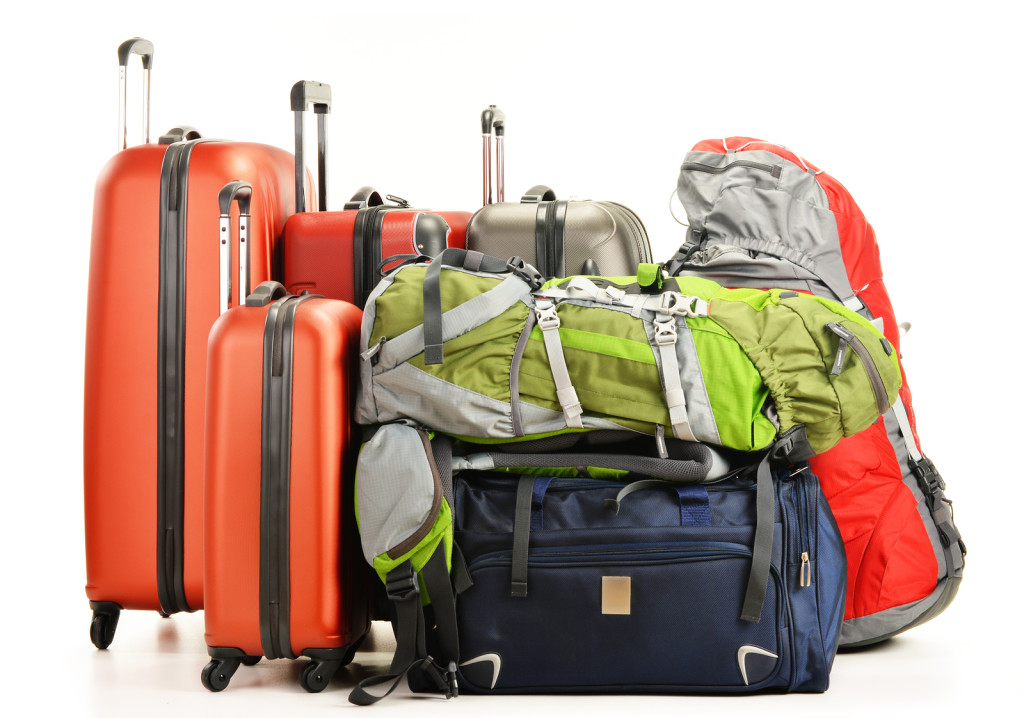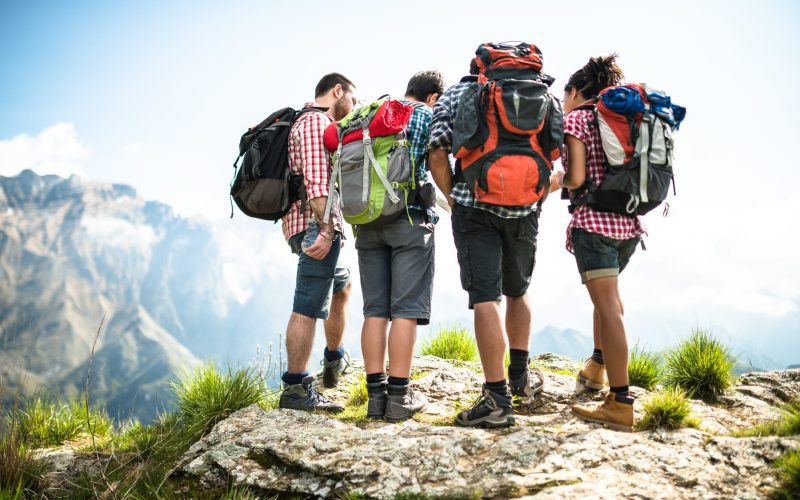Welcome, budding adventurers, to the exciting world of backpacking! Whether you’re just dipping your toes into the wilderness or eager to embark on your first multi-day hike, this guide is here to help you discover the best backpacking routes for beginners. We’ve curated a list of trails that promise breathtaking views, friendly terrain, and a sense of accomplishment without overwhelming you. So grab your gear, lace up your boots, and let’s explore!
Before we dive into the routes, let’s talk about why backpacking is such a fantastic adventure. Unlike day hikes, backpacking allows you to immerse yourself in nature, sleep under the stars, and experience the tranquility of remote areas. It’s a perfect way to disconnect from the hustle and bustle of everyday life and reconnect with yourself and the natural world.Greetings, fellow outdoor enthusiasts! I’m Maya, a passionate backpacker with over a decade of experience exploring trails across North America. I vividly remember my first backpacking trip – the thrill of carrying everything I needed, the camaraderie on the trail, and the breathtaking scenery that unfolded with every step.

If you’re looking to embark on your own wilderness adventure but feeling a touch apprehensive, fret no more! This guide is designed specifically for beginner backpackers, outlining captivating routes that are manageable yet rewarding.
This guide, crafted specifically for first-time backpackers, equips you with the knowledge and inspiration to plan your wilderness escape. We’ll explore captivating routes that offer manageable distances, stunning scenery, and a taste of the backcountry experience.
Before You Hit the Trail
While the call of the wild is strong, a little preparation goes a long way. Here are some key factors to consider when selecting your first backpacking adventure:
Essential Tips for Beginner Backpackers
Before diving into specific trails, let’s explore some crucial factors to consider when selecting your first backpacking adventure:
- Distance & Elevation Gain: As a beginner, it’s wise to start small. Opt for trails between 3-5 miles long with minimal elevation gain (ideally less than 1,000 feet). This allows you to ease into carrying a backpack and navigate uneven terrain.
- Trail Conditions: Well-maintained trails with clear markers are ideal for beginners. Avoid routes with technical sections like rock scrambles or steep switchbacks until you gain more experience.
- Water Availability: Reliable water sources are essential for backcountry camping. Choose trails with streams, lakes, or designated campsites with access to water.
- Amenities: Consider if restrooms or bear boxes are available at designated campsites. Backcountry etiquette requires proper food storage to avoid attracting wildlife.

Conclusion:
Backpacking is an incredibly rewarding way to connect with nature and challenge yourself. By choosing a beginner-friendly route and planning meticulously, you’re setting yourself up for an unforgettable adventure. So lace up your boots, pack your bags, and get ready to conquer the trail! Remember: Safety is paramount. Always inform someone of your itinerary, pack appropriate gear for the weather conditions, and practice Leave No Trace principles












